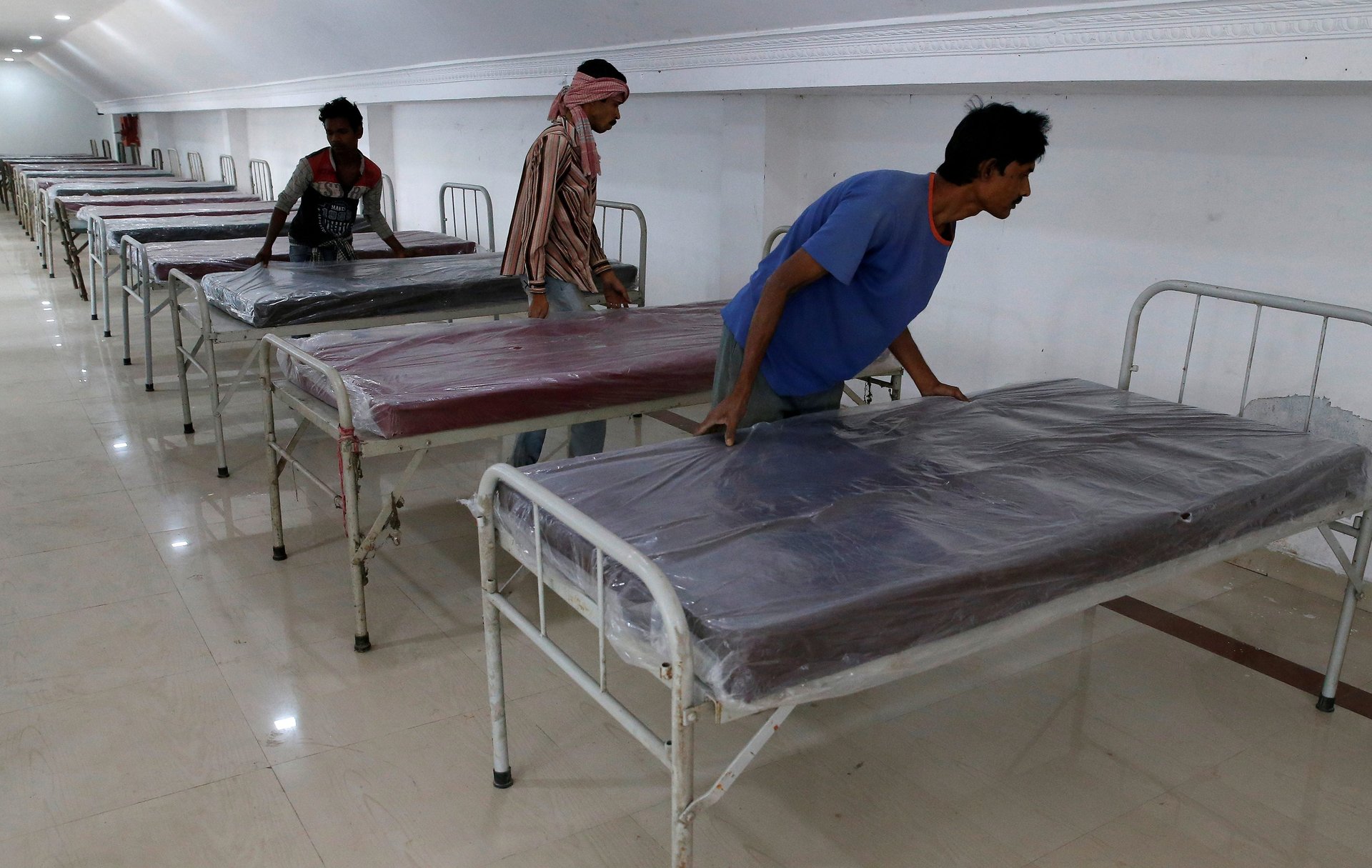India’s swiftness in dealing with Covid-19 will decide the world’s future, says WHO
India is becoming the epicentre of the global fight against Covid-19.


India is becoming the epicentre of the global fight against Covid-19.
The future course of the outbreak depends on the country’s ability to contain the virus, according to the World Health Organization (WHO).
“India is a hugely populous country. The future of this pandemic will be determined by what happens to densely-populated countries. It’s important that India takes aggressive action at the public health level, and at the level of society to control, and suppress this disease,” Mike Ryan, WHO emergencies programme director, said at the organisation’s headquarters in Geneva yesterday (March 23).
Back home, as the total cases climbed to 492, Indian authorities are ramping up efforts to prevent the disease from escalating to the community transmission stage.
Consequently, all domestic flights will be suspended from midnight tonight (March 24) till March 31. Earlier, Indian Railways had suspended all passenger trains till March-end.
Besides, around 30 states and union territories in the country, including Delhi and Maharashtra, are under complete lockdown. In Punjab and Chandigarh, a curfew has been imposed to ensure people stay indoors.
The strict measures come a day after Indians gathered on the streets, after a call by prime minister Narendra Modi to show gratitude to emergency workers was misconstrued. Following this, the prime minister took to his Twitter account to advise citizens to take “social distancing” seriously.
War cry
India Inc is also joining the government’s fight against the pandemic. FMCG companies, for instance, have decided to slash the prices of hand sanitisers and soaps.
“In the public interest and in line with government regulations, we have decided to reduce the price of our Godrej Protekt sanitiser (50 ml bottle) from Rs75 (less than $1) to Rs25 with immediate effect,” Sunil Kataria, CEO (India & SAARC), Godrej Consumer Products, said on March 22.
Market leader Hindustan Unilever (HUL), too, announced a rate reduction of 15% on its Lifebuoy soaps and sanitizers, and Domex floor cleaners. It also promised to donate 20 million soaps in the next few months “to the sections of the society which need it the most.”
ITC, meanwhile, has reduced the price of a 55 ml pack of Savlon from Rs77 to Rs25.
As lockdowns and curfews force people to stay indoors, telecom providers are facilitating work from home. Reliance Jio, part of Reliance Industries (RIL) conglomerate, has also decided to offer basic JioFibre broadband service to new customers and doubled data limit for all its existing customers. “Jio will also bundle non-Jio voice calling minutes in these vouchers at no additional cost, to meet the increased need of these services,” it said in a press statement yesterday.
Additionally, RIL has announced the setting up of India’s first dedicated Covid-19 hospital in Mumbai, with special quarantine facilities, and is importing additional test kits and enhancing its production capacities to produce 100,000 face masks per day.
India’s largest lender, the State Bank of India (SBI) said that it will allocate 0.25% of its annual profit for 2019-20 to fight the coronavirus outbreak in India. SBI’s net profit in 2019 was Rs862.23 crore.
Not enough
Despite the efforts, doctors treating coronavirus patients continue to complain on social media about the scarcity of protective equipment at hospitals.
At present, India is reportedly facing a shortage of masks and protective suits. The issue has been raised at government meetings, too, as per a report by The Economic Times newspaper.